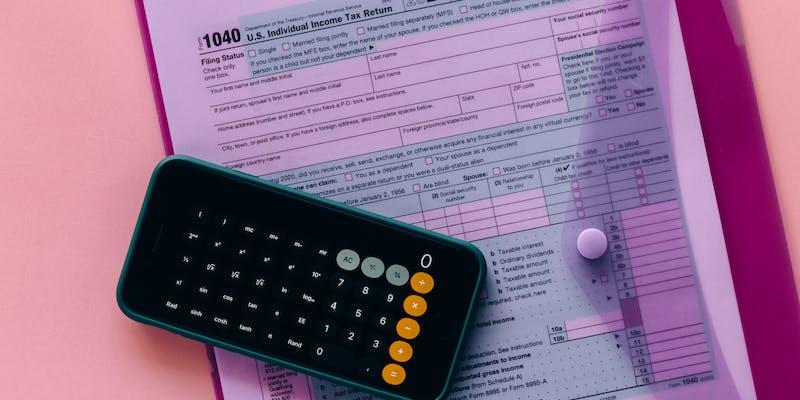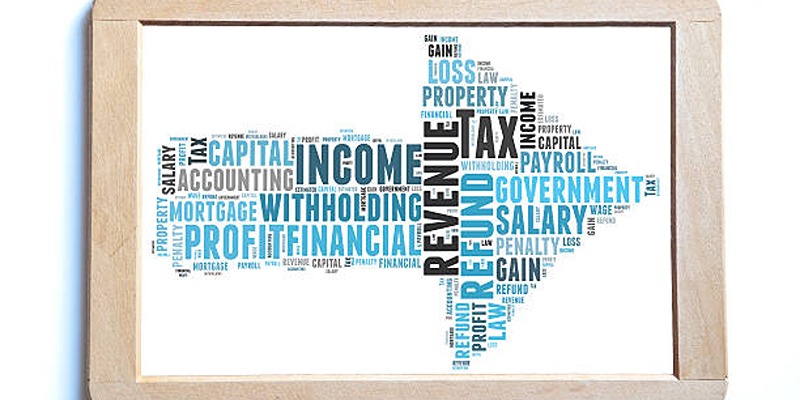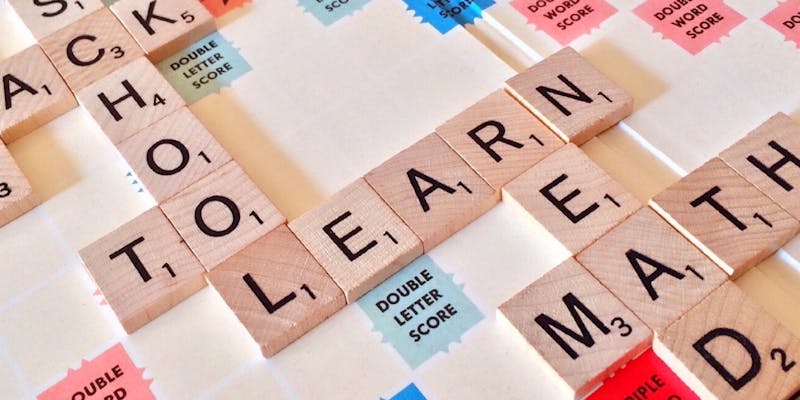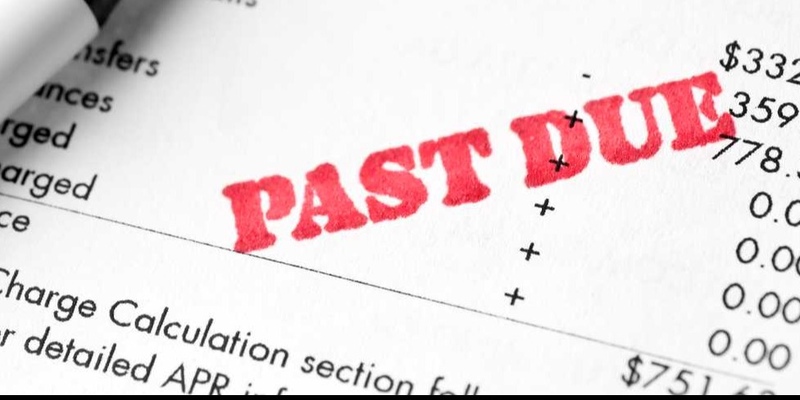Lifespan of An Appraisal
Aug 21, 2024 By Kelly Walker
An appraisal determines a property's value. While evaluations don't expire, market conditions, economic shifts, and housing demands might diminish their relevance. Lenders decide whether an appraisal is acceptable. Therefore, its effective period may vary.
For buyers, an appraisal must provide the most recent and accurate valuation of a potential new house. No one wants to buy a house overpriced owing to outdated data. However, sellers expect appraisals to reflect their home modifications' hard work and resources. Both sides profit from the latest appraisal and aim for accuracy.
The Shelf Life of a Home Appraisal
When determining a property's market value, a home appraisal offers a momentary valuation, capturing what a home is worth under prevailing market conditions. The appraisal district typically sets the expiration of this valuation at 90 days, a duration that mirrors the ebb and flow of the housing market.
This timeframe is not arbitrary; it's a calculated response to the ever-shifting sands of property supply and demand, the ebb and flow of interest rates, and the broader economic indicators that can sway property valuations overnight.
In this fast-paced market, the appraisal district doesn't just pull numbers out of thin air; they meticulously analyze recent sales data, market trends, and economic indicators to pin down a property's worth. This figure isn't just a number—it's the closing of a comprehensive market analysis, ensuring lenders and buyers are making decisions based on the most current and accurate information available.
Loan Specifics and Appraisal Duration

The lifespan of a home appraisal adjusts like a chameleon to the contours of each loan type. Take the conventional loan, for instance, where the appraisal district may grant a 120-day validity period for the home appraisal of an existing property. This quarter-of-a-year grace period is a nod to the financial stability that often characterizes loan applicants.
Conventional loans stand out in the appraisal district's eyes, offering a window an entire month wider than the standard, allowing for a more leisurely pace in the loan approval process. This extra time can be a boon for borrowers, providing a cushion against the rush of closing on a property.
Switching gears to FHA loans, we find a different rhythm. Here, a home appraisal carries a six-month validity from the appraisal district, with a potential extension to a full year if circumstances warrant a second look. This half-year assurance reflects the FHA's commitment to making homeownership accessible, acknowledging that life's unpredictability shouldn't hinder owning a home.
The Influence of Market Conditions
Market dynamics play a crucial role in the shelf life of a home appraisal. In a turbulent property market, figures from months past may not reflect current conditions. Lenders may request a new appraisal to ensure their mortgage demonstrates the property's worth. It safeguards the lender's investment and the buyer's finances.
To reflect quick housing price fluctuations during economic instability, the appraisal district may limit the validity of an appraisal. The Federal Housing Finance Agency recorded 13.2% home value increases during the 2021 housing market boom. To keep up with the market, lenders may request more frequent appraisal revisions because an appraisal could become outdated within weeks.
Car Appraisal
Car appraisal rules change. Insurance claims and resale may require an automobile evaluation more often than a home appraisal, which may have a more extended validity period. Mileage, condition, and market demand affect car depreciation.
A car evaluation is essential for buying, selling, or insuring a car appraisal. It gives an objective estimate of the car's value at the moment. According to Carfax, a new automobile might depreciate by 20% in the first year and 50% or more over three years, so the appraisal district routinely revalues the vehicle to assure financial correctness.
Appraisal Validity in Refinancing Scenarios
Refinancing is a standard financial move for homeowners looking to take advantage of favorable interest rates or to adjust their mortgage terms. In this context, the longevity of a home appraisal can be particularly crucial.
Lenders usually want a fresh appraisal when refinancing to ensure the loan amount matches the home's value. In the US, the typical time between refinancing is 2-3 years, corresponding with interest rate changes. According to the Mortgage Bankers Association, refinancing applications increased by over 200% during economic downturns like 2020, emphasizing the necessity of current evaluations.
The appraisal district is crucial to this process since it ensures market-standard appraisals. In turbulent markets with quick house price movements, the Appraisal Institute reports that appraisal validity can be as short as 30 days.
Appraisal District and Property Tax Assessments

While the focus is often on buying, selling, or refinancing properties, the appraisal district has another significant role: property tax assessments. The appraisal district's valuation affects residents' property taxes. Fewer people know that 60% of U.S. counties review property values for tax reasons yearly, while the rest do it every 2-5 years, according to the Tax Foundation.
This quarterly reassessment ensures homeowners pay a fair proportion for their property's market value. It also means homeowners must verify their home valuation. Homeowners can challenge the appraisal district's assessment if they think their property is overvalued. Under 5% of homeowners fight their assessments, even though the National Taxpayers Union Foundation estimates that 30-60% of U.S. taxable property is overassessed.
What Happens When an Appraisal Expires?
When the clock runs out on your home appraisal, it's not the end of the road. You've got options. You can contact the appraisal district for an extension, which they might grant if the market's been steady and your property still needs to change hands or undergo significant alterations.
An expired appraisal doesn't necessarily derail your financing plans. Lenders and appraisal districts understand that deals can experience delays. As a result, they offer mechanisms to update the appraisal, ensuring the property's assessed value is still in line with the market. Market movements and house upgrades can change a property's value, so this stage is vital. Houzz found that roughly 5% of U.S. houses experienced value-affecting improvements in 2020.

What Is Shale Oil?

Your Guide to Achieving and Maximizing an 800 Credit Score

Understanding Estimated Taxes and the Dreaded Penalty: A Complete Guide

Exploring the Common Ways to Move Expense Claims for Returning to School

Credit Cards vs. Debit Cards: What’s the Difference?

All You Should Know About Debt Related Statute of Limitations

Top Biotech Stocks

What Does the S and P 500 Index Measure and How Is It Calculated?

Steps to Making a Profit in Crude Oil Trading

10 Essential Steps to Prepare Your House for Sale

Understanding Whole Life and Universal Life Insurance: Which Is Right for You?
